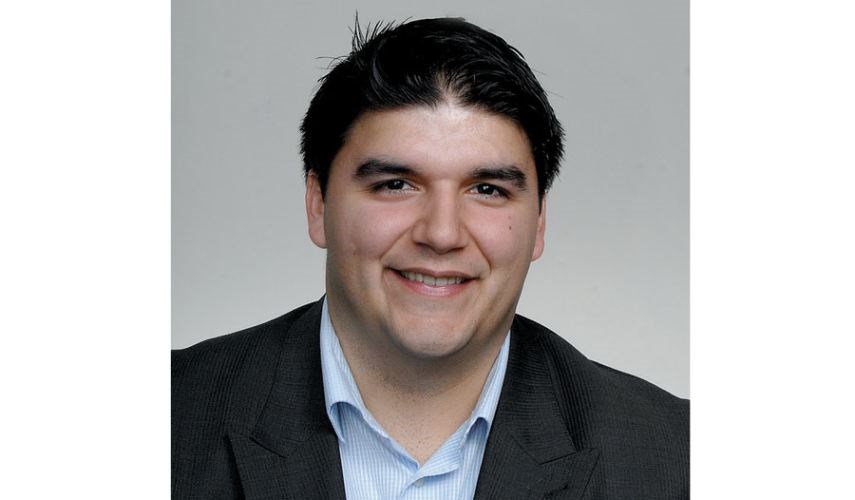While I had nothing to do with this decision, and, in fact, I had advocated for a debate, I feel there ought to be an apology and explanation made to you readers for the lack of an all candidates debate during the Cariboo-Prince George nomination race. I'm sorry on behalf of the local EDA and the party hierarchy at large - you readers, both members and non-members, deserve better than the five minute speeches that will be allotted at each stop of the ballot box.
I'm sure the speeches will be fine, but a five minute monologue is a novice activity in the field of public speaking and rhetoric. I understand the power of public debate profoundly, given my stint as a candidate for provincial office; dozens of people admitted to me later that my conduct and candor during such events motivated them to either vote for me or take note of my integrity and use it as a reason to support me in any future endeavors I may pursue. It ought to be noted that this was communicated to me not just by people who were dissatisfied with both major parties, but actually by several non-traditional voters, and even political veterans.
Public debate, not enumerated rights and freedoms, is the guarantor of our liberty. Yet nowhere in the Conservative Party bylaws governing nomination races is an allotment for it to be found, except perhaps as an exception to the accepted pattern of these events. In fact, when asking party HQ for advice on the matter, candidates are dissuaded from participating in an all candidates debate unless it is expressly endorsed or sanctioned by the party. Whether that permission is granted by the local EDA or by HQ is a matter that has yet to be clarified.
One of the most important questions that any politically active person can ask when judging any political decision is qui bono, who benefits? So, who benefits from there being no debate? Certainly not outsiders, and political reformers, for they have no chance to win people to their cause; even traditionalists lose from the lack of public discourse, as less open discussion easily leads to mob-ish fundamentalists taking the reins of power. Of course the public and wider electorate have everything to lose and nothing to gain by never really seeing a prospective parliamentarian answer questions under pressure. So again, who benefits?
I have my suspicions, but I will leave it up to you, both the members and the wider electorate to make up your own minds. I would encourage the members of other parties to research whether their own party allows for nomination debates or not, and to ensure that such events occur during their own nomination processes. An open debate here in town is the quickest, and cheapest way to test a candidate's potential before the election, full stop.
As a last word, I promise all of you that I am not through with my demand for a debate. I consider this omission on the part of the party equivalent to a lack of public consultation, which is a trespass not to be taken lightly. We need to know our potential representatives, and they need to know our concerns. Anything less, and democracy is being mocked without reproof.



